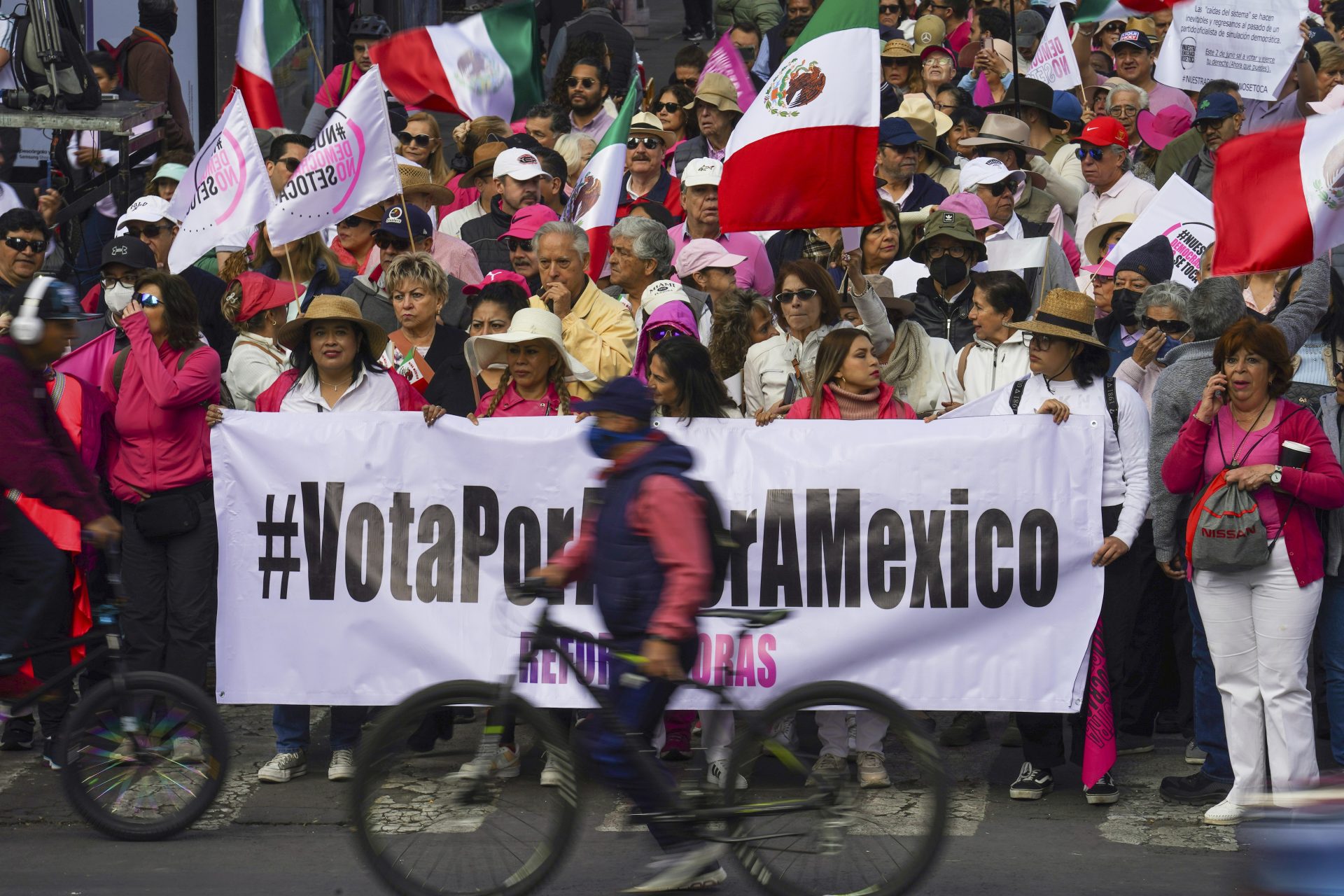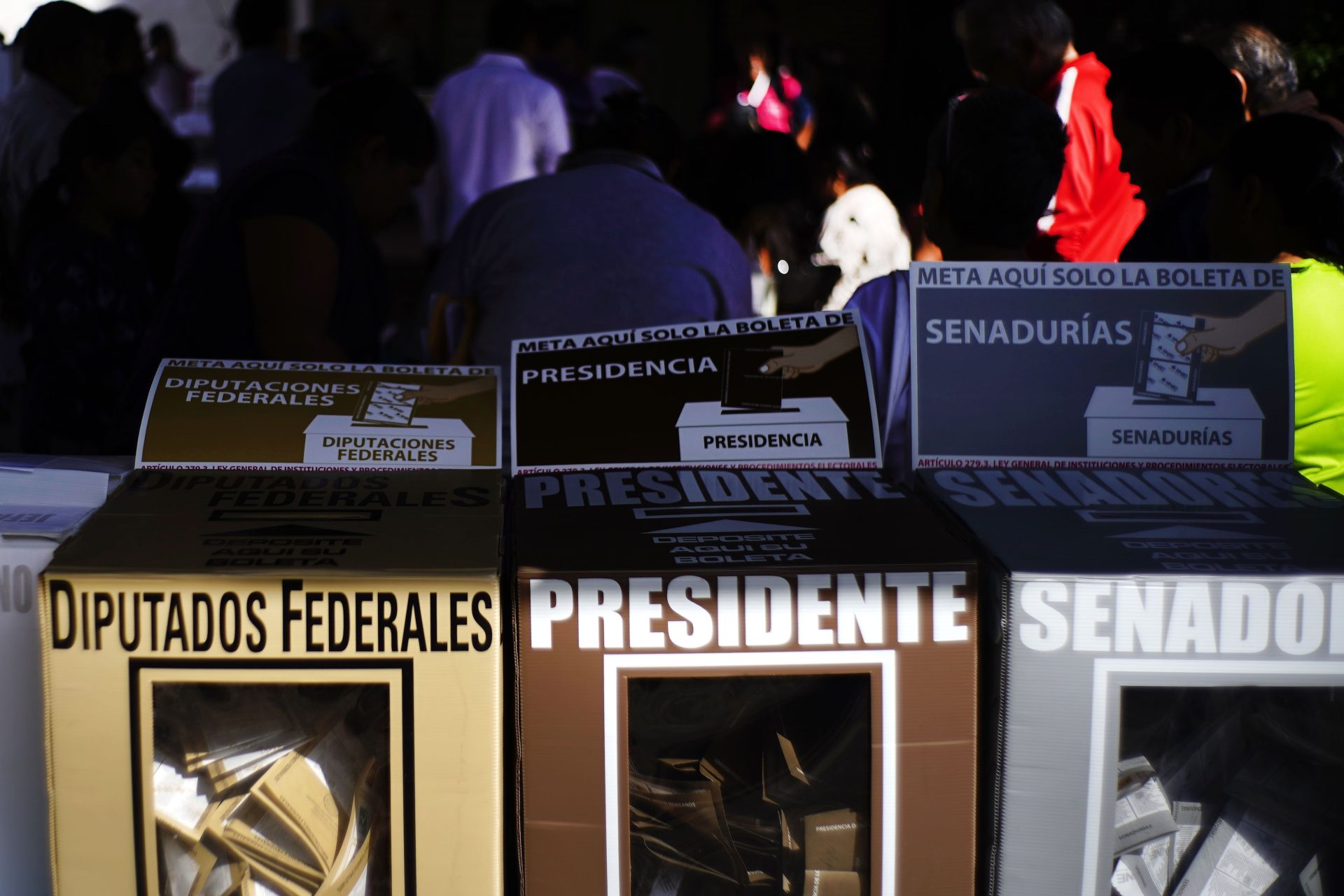|
Only have a minute? Listen instead
Getting your Trinity Audio player ready...
|
Voters in both the United States and Mexico will choose their next president this year, and both elections are critical to the relationship between our two countries and policies that affect them — especially people who live in the Rio Grande Valley and other border areas.
Many Mexican nationals who live north of the border are able to vote in Mexico’s elections — including some nationalized Americans who also can vote in our own races. Eligible voters are encouraged to take advantage of the opportunity to cast their ballots.
The relationship between our two countries’ chief executives has a major influence on the policies they pursue, from immigration and border security to the billions of dollars’ worth of trade that crosses our borders every year and the infrastructure that helps make that happen.

Not to mention the ongoing debate regarding Mexico’s noncompliance with our Rio Grande water sharing treaty, which has left the Valley short of the water we should receive under that treaty. The resulting chronic water shortage has affected our region’s agriculture industry greatly, costing us untold billions of dollars, and forced many Valley cities to impose water use restrictions on its residents. The water shortage is largely blamed for the complete loss of our sugar cane crops that brought up to $100 million dollars to our local economy every year, until growers earlier this year announced that the lack of sufficient water to irrigate their fields was forcing them to suspend their operations entirely.
We have seen the importance of the officials’ involvement in other policies that affect us greatly, from the renegotiation of the U.S.-Mexico-Canada trade agreement to the ongoing standoff over U.S. immigration policy.
Our southern neighbor has allowed expatriates to vote in its elections since 2006, and more than 500,000 eligible Mexican voters live in the U.S.; many of them live here in the Valley.
People who wish to vote in Mexico’s elections must have valid voting credentials for that country. Mexican nationals living here can get those credentials, even if they have become U.S. citizens, although the deadline for applying for the voting car in time for the June 2 elections already has passed.
People who have a valid Mexican voter ID can register to vote online or at any Mexican embassy or consulate, including the consulates in Brownsville and McAllen. Voting can also be done at those facilities or online, at the website votoextranjero.mx. Once registered, voters should receive an email by May 3 with voting instructions. The online voting period runs from May until 6 p.m. Mexican central time on Election Day, June 2.

The entire process if free, and no appointment is necessary for those who wish to register or vote in person at the consulates.
In addition to Mexico’s president, voters will decide 128 Senate and all 500 Chamber of Deputies races, as well as state and local races relevant to each voter.
Officials’ policies have a major effect on our lives and our personal and regional financial well-being. Those who can vote, on both sides of the border, should take advantage of the opportunity to help decide who makes those policies.




